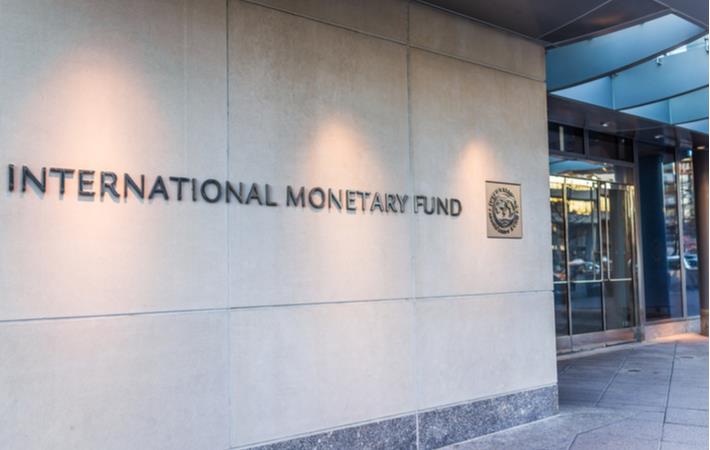The International Monetary Fund (IMF) is particularly concerned about low-income countries in debt distress where outward capital flow has followed the COVID-19 outbreak—an issue on which IMF is working closely with the World Bank, according to its managing director Kristalina Georgieva, who recently said IMF is monitoring the crisis with policy actions to temper its impact.
Investors have already removed $83 billion from emerging markets since the beginning of the crisis, she said.The International Monetary Fund is particularly concerned about low-income countries in debt distress where outward capital flow has followed the COVID-19 outbreak-an issue on which IMF is working closely with the World Bank, according to managing director Kristalina Georgieva, who said IMF is monitoring the crisis with policy actions to temper its impact.#
“We will massively step up emergency finance—nearly 80 countries are requesting our help—and we are working closely with the other international financial institutions to provide a strong coordinated response. We are replenishing the Catastrophe Containment and Relief Trust to help the poorest countries. We welcome the pledges already made and call on others to join. We stand ready to deploy all our $1 trillion lending capacity,” she said in a statement.
The organisation is looking at other available options. Several low- and middle-income countries have asked the IMF to make a Special Drawing Right (SDR) allocation, as the IMF did during the Global Financial Crisis. IMF is exploring that option with its members as well, she said.
Major central banks have initiated bilateral swap lines with emerging market countries. As a global liquidity crunch takes hold, IMF needs members to provide additional swap lines, she said.
“We will be exploring with our Executive Board and membership a possible proposal that would help facilitate a broader network of swap lines, including through an IMF-swap type facility,” she added.
Fibre2Fashion News Desk (DS)
